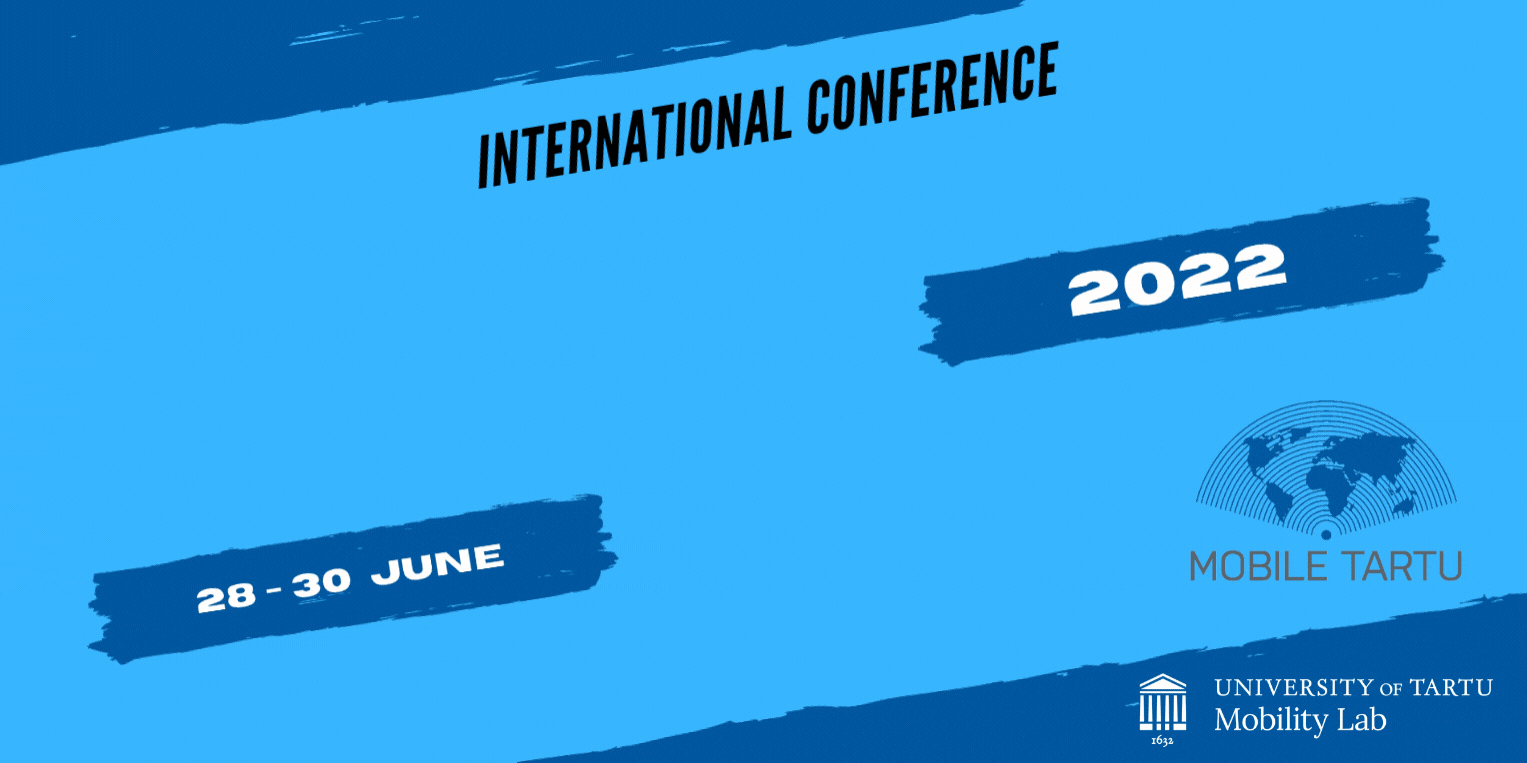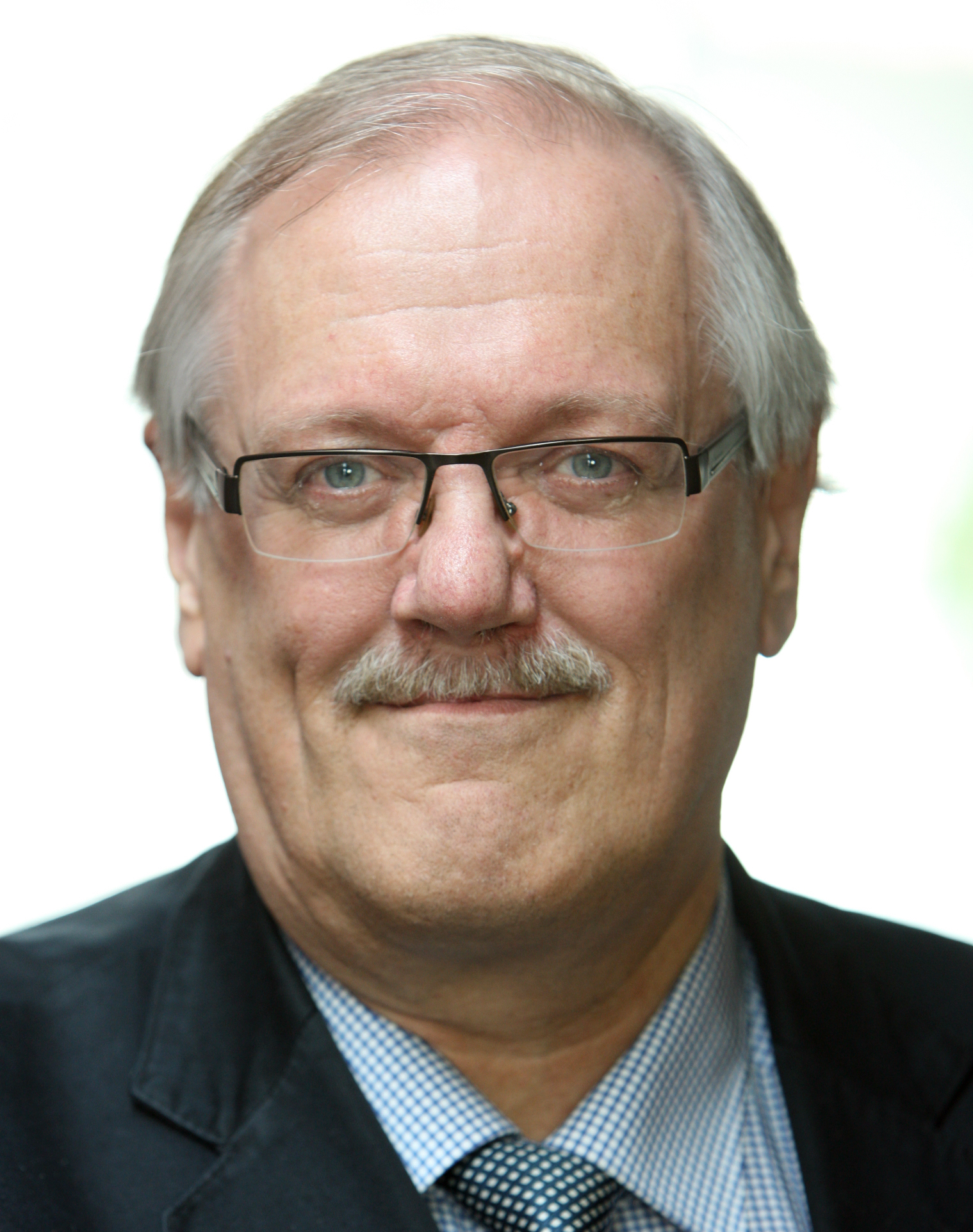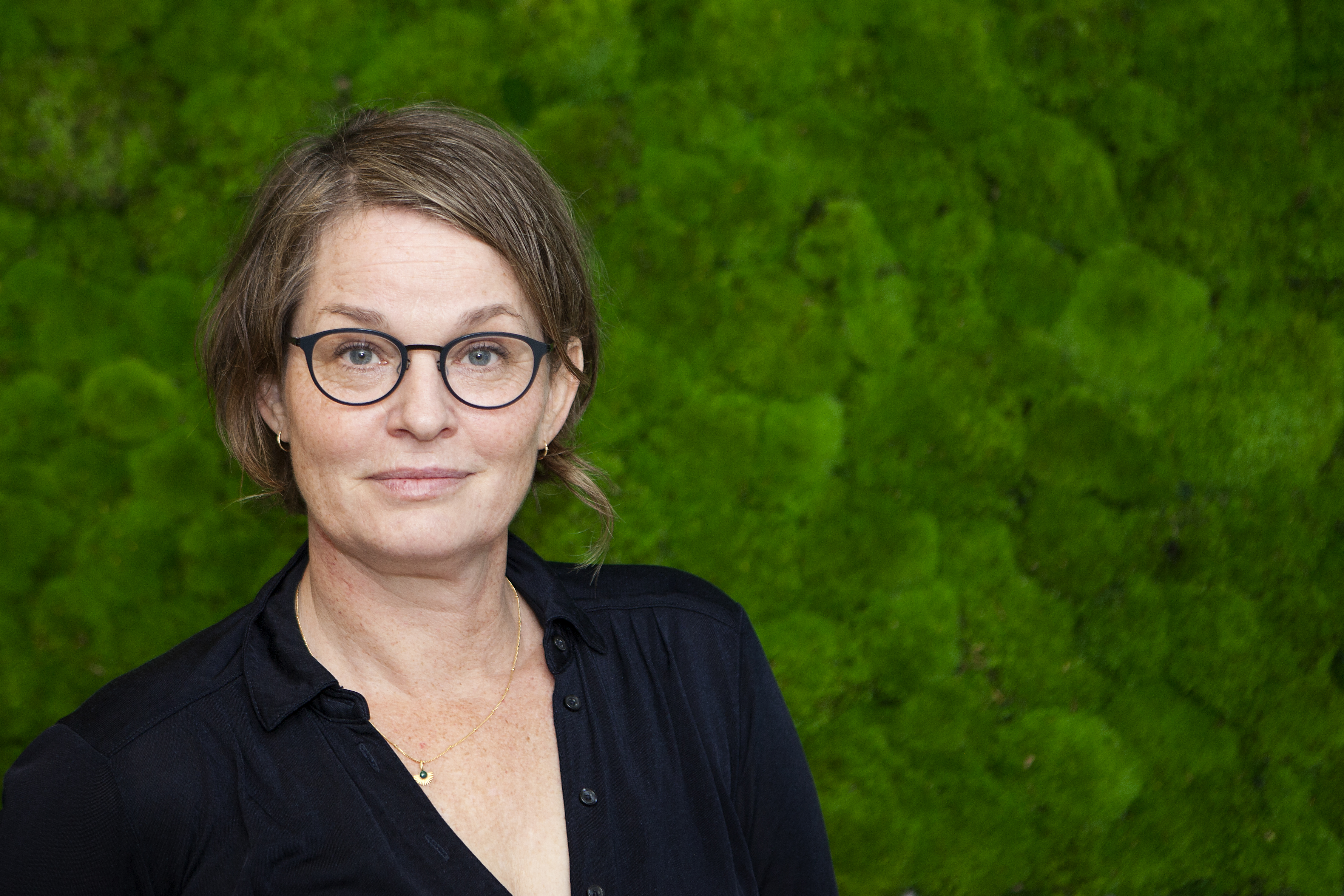
Keynote Speakers
Rein Ahas Lecture: Mei-Po Kwan
 Professor Mei-Po Kwan is Director of the Institute of Space and Earth Information Science and Choh-Ming Li Professor of Geography and Resource Management of The Chinese University of Hong Kong. Prof. Kwan is a Fellow of the United Kingdom Academy of Social Sciences, Fellow of the American Association for the Advancement of Science (AAAS), Fellow of the Royal Geographical Society and American Association of Geographers and a Guggenheim Fellow. She was awarded many Outstanding Academic Achievement Awards by the American Association of Geographers, including the Distinguished Scholarship Honors, the Wilbanks Prize for Transformational Research in Geography, the Stanley Brunn Award for Creativity in Geography, the Edward L. Ullman Award for Outstanding Contributions to Transportation Geography, and the Melinda Meade Award for Outstanding Contributions to Health and Medical Research. She also received the U.S. University Consortium for Geographic Information Science (UCGIS) Research Award. Prof. Kwan has received over US$61 million funding support as PI or co-PI and has delivered over 350 keynote addresses and invited lectures and presentations in more than 20 countries. Her recent projects examine the health impacts of individual environmental exposure (e.g., noise, air pollution, green space), urban and mobility issues, the space-time dynamics of the COVID-19 pandemic and the protection of geoprivacy via the development of a Geospatial Virtual Data Enclave (GVDE). More information can be found at: http://www.meipokwan.org
Professor Mei-Po Kwan is Director of the Institute of Space and Earth Information Science and Choh-Ming Li Professor of Geography and Resource Management of The Chinese University of Hong Kong. Prof. Kwan is a Fellow of the United Kingdom Academy of Social Sciences, Fellow of the American Association for the Advancement of Science (AAAS), Fellow of the Royal Geographical Society and American Association of Geographers and a Guggenheim Fellow. She was awarded many Outstanding Academic Achievement Awards by the American Association of Geographers, including the Distinguished Scholarship Honors, the Wilbanks Prize for Transformational Research in Geography, the Stanley Brunn Award for Creativity in Geography, the Edward L. Ullman Award for Outstanding Contributions to Transportation Geography, and the Melinda Meade Award for Outstanding Contributions to Health and Medical Research. She also received the U.S. University Consortium for Geographic Information Science (UCGIS) Research Award. Prof. Kwan has received over US$61 million funding support as PI or co-PI and has delivered over 350 keynote addresses and invited lectures and presentations in more than 20 countries. Her recent projects examine the health impacts of individual environmental exposure (e.g., noise, air pollution, green space), urban and mobility issues, the space-time dynamics of the COVID-19 pandemic and the protection of geoprivacy via the development of a Geospatial Virtual Data Enclave (GVDE). More information can be found at: http://www.meipokwan.org
Malene Freudendal-Pedersen
Malene Freudendal-Pedersen is Professor in Urban Planning at Aalborg University, Denmark, where she is leading the research group Planning for Urban Sustainability (PLUS). She has an interdisciplinary background linking sociology, geography, urban planning, and the sociology of technology. Her research has been strongly inspired by the mobilities turn. Previously her work was primarily focused on investigating everyday life practices of mobilities and in her book Mobility in Daily Life: Between Freedom and Unfreedom focus was on the importance of comprehending the interrelations between practices, technologies, and societies. Currently her focus is on investigating the transition into sustainable mobilities and its impact on everyday life communities, societies, and cities. Her most recent book Making Mobilities Matter, is focusing on these issues. She has for many years been co-organizing the international Cosmobilities Network linking mobilities researchers in Europe and beyond. She is the Co-Founder and Co-Editor of the Routledge journal Applied Mobilities as well as the Co-Founder and Co-Editor of the book series Networked Urban Mobilities, also at Routledge.
Kimmo Kaski

Kimmo Kaski, DPhil (Oxford), is Professor of Computational Science at Helsinki University of Technology, now Aalto University School of Science and has been Academy Professor and Director of the Centre of Excellence in Computational Complex Systems Research. He is Supernumerary Fellow of Wolfson College, Oxford University, External Faculty of Complexity Science Hub Vienna, Visiting Fellow of The Alan Turing Institute, UK and Fellows of APS, IOP, and members of Finnish Academy of Sciences and Letters (now President elect and 2022 – President), Academia Europaea, and Academia Mexicana de Ciencas. His research interests are in Computational Science, Complexity Science, Complex Systems and Network, Social Physics, AI, and Medical Image Analytics with Deep Learning.
Robert J Sampson
Robert J. Sampson is the Henry Ford II Professor of the Social Sciences at Harvard University, Affiliated Research Professor at the American Bar Foundation, and founding director of the Boston Area Research Initiative. He is an elected member of the National Academy of Sciences, the American Academy of Arts and Sciences, and the American Philosophical Society. Sampson was also elected as Corresponding Fellow of the British Academy and Fellow of the John Simon Guggenheim Foundation. Professor Sampson’s research covers a variety of areas including crime, disorder, the life course, neighborhood effects, civic engagement, inequality, “ecometrics,” networks of everyday urban mobility, and the social structure of cities. He is the author of three award-winning books and numerous articles. His last book is Great American City: Chicago and the Enduring Neighborhood Effect. Sampson’s recent work on everyday urban mobility has focused on creating new measures of city-level racial segregation and neighborhood triple disadvantage, and examining their consequences for well-being.




